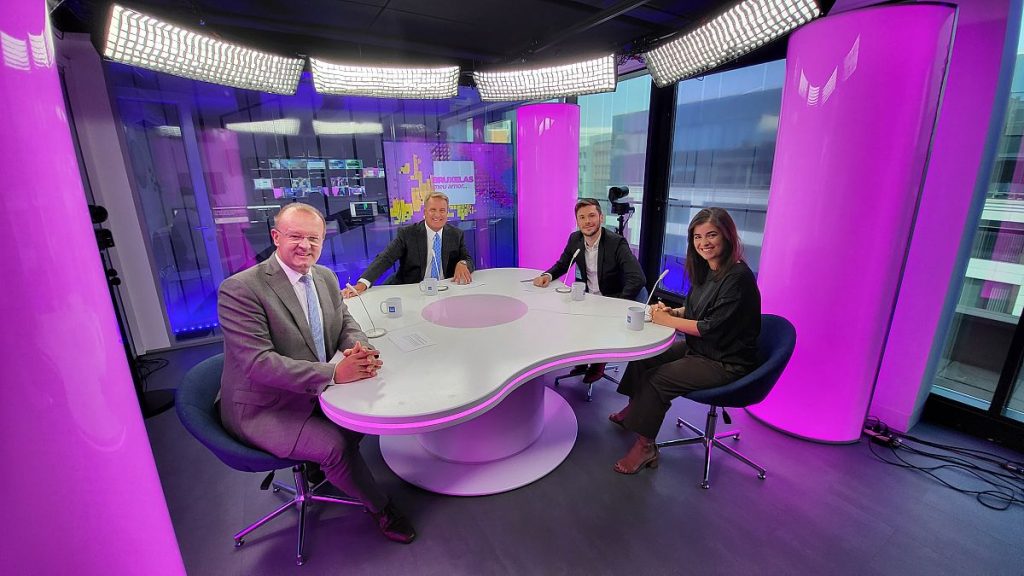This week’s talkshow focuses on several key topics, including the political stalemate in France, the aftermath of a terrorist attack in Germany, and the start of the Paralympic Games. In France, talks between President Macron and political parties have reached a standstill following the general elections. This paralysis is concerning for decision-making in Europe, with France risking becoming “the sick man of Europe”. President Macron’s refusal to appoint a prime minister from the left-wing alliance that won the most parliamentary seats has raised eyebrows, as he seeks to project strength amidst the country’s political gridlock.
The mass stabbing by a rejected Syrian asylum seeker in Solingen, Germany has sparked shock and anger, prompting Chancellor Olaf Scholz to face increasing pressure to adopt a tougher stance on immigration. The far-right has been quick to capitalize on the attack, pushing their own agenda. Meanwhile, the EU Commission is defending the Schengen Area, a passport-free zone that represents a tangible achievement of European integration. Despite the challenges posed by the attack, the integrity of the Schengen Area remains a key priority for European leaders.
Another major topic of discussion is the Paralympic Games, which have commenced in the French capital with 4400 athletes from 128 countries participating. The Games provide a platform for athletes with physical or cognitive disabilities to showcase their talents and challenge societal perceptions. While the focus may be on compassion and understanding rather than competition for some, the Paralympics have the potential to shed light on the challenges faced by disabled individuals. The question of whether the Games will lead to lasting change in attitudes towards disability or remain a temporary feel-good moment is a key consideration for society as a whole.
As France navigates its political deadlock, there are concerns about the country’s role in guiding decision-making in Europe. With Macron’s leadership called into question and the formation of a new government at a standstill, there is uncertainty about how France will move forward. The implications of this paralysis are significant for the EU as a whole, as the bloc looks for stability and direction in the wake of political challenges across member states. It remains to be seen how France will overcome its current impasse and regain its position as a key player in European politics.
The fallout from the terrorist attack in Solingen has reignited debates about immigration policies in Germany and across Europe. As far-right groups seek to exploit the tragedy for their own gain, Chancellor Scholz faces pressure to address concerns about security and integration. The EU’s defense of the Schengen Area highlights the importance of maintaining the free movement of people within the bloc while also addressing security challenges. Finding a balance between these priorities is crucial for European leaders as they navigate the complexities of immigration and security issues in a rapidly changing political landscape.
The Paralympic Games offer a unique opportunity to shift perceptions about disability and celebrate the achievements of athletes with disabilities. While the focus is on athletic competition, the Games also serve as a platform for social change and inclusion. By highlighting the talents and capabilities of disabled individuals, the Paralympics challenge stereotypes and inspire progress towards a more equitable society. The lessons learned from the Paralympic Games are a reminder of the importance of diversity and inclusivity, and the potential for sport to promote understanding and empathy across communities.













